Do fears of rejection stop you from communicating openly with your partner?
Do you feel guilty because your partner wants you to socialize more?
Do you feel frustrated that your partner doesn't like to socialize as much as you do?
Does it feel as though you are your partner's main social contact?
Social anxiety (SA) is an intense fear of being rejected and humiliated. Experienced on a regular basis, S.A. can significantly undermine one's ability to build meaningful relationships, particularly intimate partnerships.
Sometimes those with social anxiety pair up with extroverted, non-anxious partners. Other times, shy people find one another and couple. In either case, social anxiety often leaves a noticeable impact on the relationship in the form of:
Fights about how and when to socialize
Communication issues
Resentment
Guilt
The fear that “we’re just not right for each other”
Thankfully, social anxiety doesn't have to devastate your relationship. Thanks to ongoing research, we now understand how to overcome social anxiety as well as what couples need to do in order to maintain a happy, healthy relationship even in the face of chronic shyness.
Here are a few tips for staying in love in spite of social anxiety:
1. Make time to talk
One of the key aspects of social anxiety is the fear of being rejected. This translates into self-disclosure avoidance, which all but stops communication between partners.
If you or your partner avoid discussing important issues, make a vow to improve your communication, which is one key to happy, lasting relationships. Get back on track by first discussing social anxiety and how it affects your relationship. Both partners need time and space to speak openly about their fears and frustrations.
If you find communicating openly with your partner too difficult, I recommend seeing a couples therapist. Many people find that social anxiety loses some of its power once it’s acknowledged openly.
2. Blame social anxiety, not your partner
Social anxiety can take a toll on all aspects of your relationship, including your sex life, emotional intimacy, and equitable sharing of responsibilities.
It’s normal to feel sad if your shy husband struggles to enjoy himself at your birthday party or angry that your girlfriend won’t stop reminding you to schedule an appointment with a psychiatrist to discuss anti-anxiety medications. As mentioned above, it IS important to share such feelings with your partner. That said, be mindful of how you communicate your emotions. Instead of blaming your partner, share your feelings about the real “bad guy”– social anxiety – and save both you and your partner from defensiveness and shame, true intimacy killers.
3. Have fun together
Do you and your partner have a movie that makes you cry with laughter? Or a pet that makes you both smile? Social anxiety tends to bring up sadness, guilt, and frustration. Make time to find joy with your partner and remember why you fell in love in the first place. While this may be difficult in the face of your struggles, it can be a relationship saver.
4. Get treatment – individually and as a couple
Social anxiety can feel like a life sentence for both the sufferer and his or her loved ones. Thankfully, it isn’t — there are numerous research-backed effective treatments for social anxiety.
If you struggle with social anxiety, get support from a trained specialist.
If you’re the partner of someone with social anxiety, make sure you get support as well. One of the best ways to support your partner is to practice excellent self-care, learn as much as you can about social anxiety, and seek individual therapy.
Lastly, try out couples therapy. Look for a counselor who has experience treating couples with one or more shy partners.
If you would like to put some of these tools into action and reconnect with your partner, please contact us for a free 30-minute consultation.

